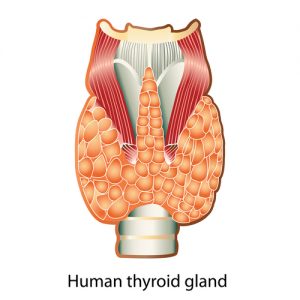Metabolism Definition: Metabolism is a generic word for EVERY chemical process in your body from energy production to cellular reproduction and fighting off disease. Thus, improving metabolism is a health goal.
process in your body from energy production to cellular reproduction and fighting off disease. Thus, improving metabolism is a health goal.
If you have high blood pressure, high blood glucose, insulin resistance, high cholesterol, excess weight around the waist you have a metabolic disorder – an imbalance or deficiency – that negatively affects the way your body functions.
Read more about improving metabolism and what to take to improve your health.

 Metabolism refers to the rate or speed at which, or the degree to which, the body breaks down food and changes it into living tissue and energy. Metabolism is controlled by hormones
Metabolism refers to the rate or speed at which, or the degree to which, the body breaks down food and changes it into living tissue and energy. Metabolism is controlled by hormones
 This is of interest to the aging public. Dementia, Alzheimer’s, etc. etc. You hear about it often.
This is of interest to the aging public. Dementia, Alzheimer’s, etc. etc. You hear about it often.
 There is a new addition to the Alzheimer’s page where we got together the information regarding Alzheimer’s.
There is a new addition to the Alzheimer’s page where we got together the information regarding Alzheimer’s. Have you ever wondered why you may be experiencing symptoms like sleep apnea, abdominal pain, or hypertension?
Have you ever wondered why you may be experiencing symptoms like sleep apnea, abdominal pain, or hypertension? Dementia is a mental decline. Certain parts of the brain are actually shrinking—specifically the hippocampus.
Dementia is a mental decline. Certain parts of the brain are actually shrinking—specifically the hippocampus.